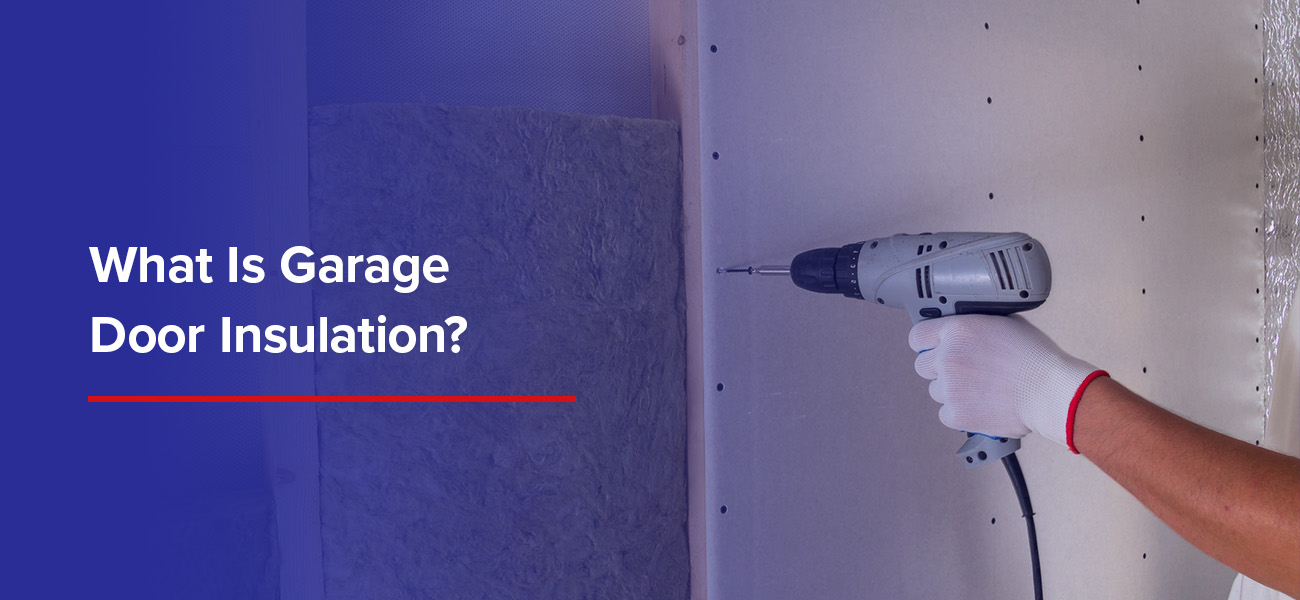If you’re like many people who have relocated to Florida from a colder climate, you may have installed insulation in your previous homes to prevent heated air from escaping. You might not know that insulation can be a cooling solution for your home.
Southeast Florida is renowned for hot weather and humidity that lasts most of the year. This heat can infiltrate many areas of your house, including the garage. The result can be an uncomfortable living space and higher energy costs.
An insulated garage door provides an excellent defense by acting as a buffer against hot air. Your house will feel cooler and more comfortable, and you’ll experience increased energy efficiency.
The Fundamentals of Garage Door Insulation
You’ve probably noticed a significant temperature change when you enter the garage from your home’s living space. Since most garages aren’t intended to be living areas, they aren’t constructed to the same standards as the rest of the property. There’s no air conditioning, and the walls often contain small cracks and crevices that allow hot air to penetrate.
An insulated garage door can consist of polyurethane or polystyrene material installed between the panels and guards. These doors keep the heat outside and provide a layer of warmth during southeast Florida’s occasional cold spells.
When choosing an insulated garage door, it’s important to determine the product’s R-value, which is a rating that measures the material’s resistance to heat flow. Generally, a higher R-value provides more effective insulation. Higher R-values add to a door’s cost for that reason.
How Does Insulation Regulate Temperatures?
Insulation affects temperature change inside a garage by forming a barrier between the hot air outside and the cooler air inside the structure. This process reduces heat transfer by decreasing thermal conduction and convection or by reflecting thermal radiation. By keeping air where it needs to be, insulation can help keep your garage temperature consistent throughout the year.
What Are the Benefits of an Insulated Garage Door?
Insulating a garage door in Florida offers numerous benefits for homeowners:
- Increased comfort: You’ll be able to spend more time in your garage without the full effects of the heat and humidity.
- Lower energy bills: Insulation adds to energy efficiency, translating to lower home cooling costs over time.
- Reduced risk of damage: Since most southeast Florida homes don’t have attics or basements, many residents use their garages for storage. By regulating temperatures, insulation protects items stored in the garage from heat and humidity damage.
- Increased longevity: Insulation provides more protection against stress from severe storms, resulting in a longer life span for the door.
Choosing Between Between Uninsulated and Insulated Garage Doors
While uninsulated doors don’t offer the same level of temperature regulation and energy efficiency, they are less expensive than their insulated counterparts. They can also make more sense for detached garages since you won’t have to worry about hot air infiltrating your home.
Learn More About Garage Door Insulation in Florida
The Doorman can answer all your garage door insulation questions and help you decide on the right solution for your home. Contact us for more information or to request an estimate.

